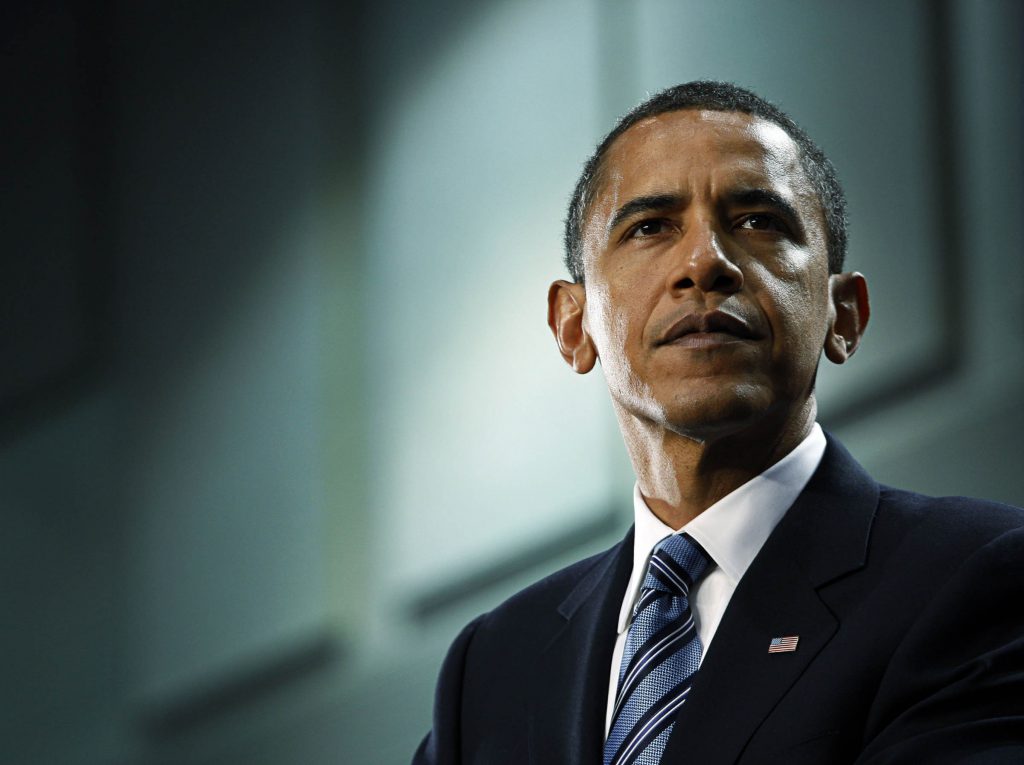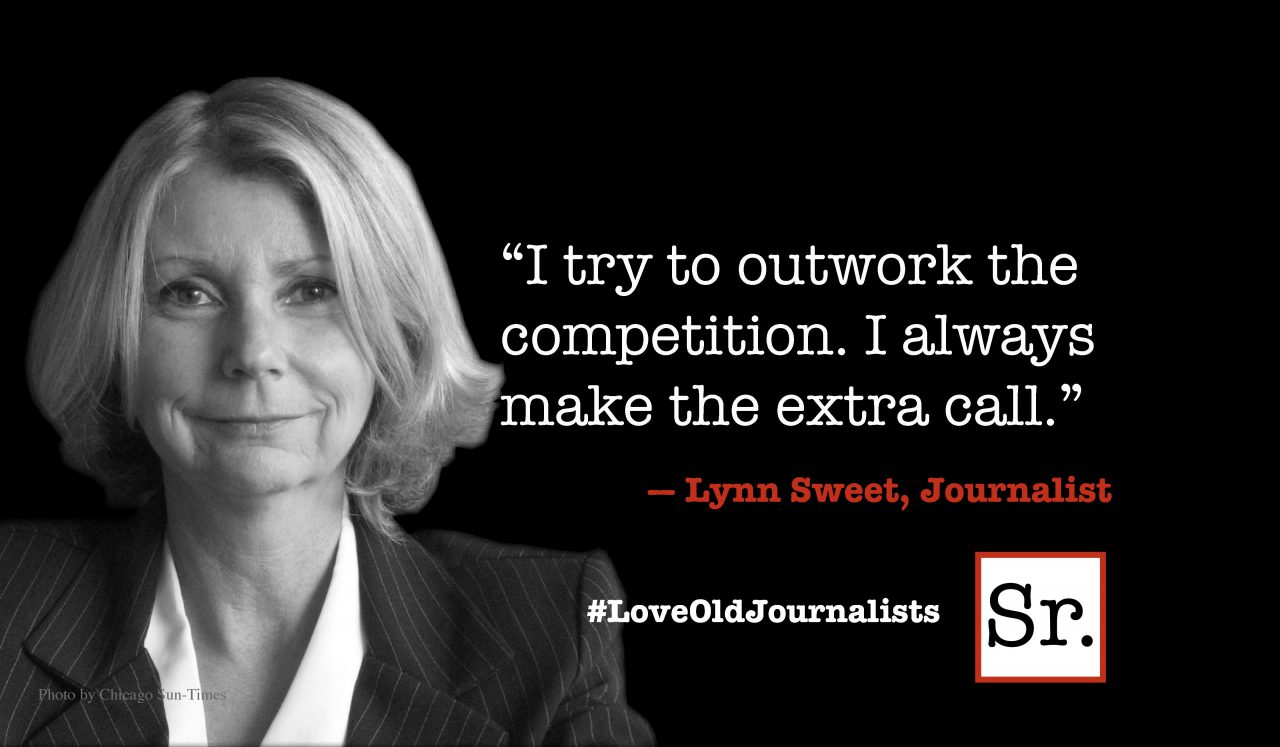President Barack Obama starts his second term with strong popular backing for an ambitious goal he set for himself — nation-building at home. It will require extraordinary political skill and a good deal of luck.
According to a poll published a few days before Obama was sworn into office for another four years, there is overwhelming agreement that the president should focus his energies on domestic policies rather than foreign affairs. Of the 1,500 people surveyed by the Pew Research Center, 83 percent of Democrats, Republicans and Independents said domestic issues deserved priority.
That jells with the vision Obama articulated repeatedly during his first term. A sample from 2011:
“Over the last decade, we have spent a trillion dollars on war, at a time of rising debt and hard economic times. Now, we must … unleash innovation that creates new jobs and industries … We must rebuild our infrastructure and find new and clean sources of energy. And most of all, after a decade of passionate debate, we must recapture the common purpose that we shared at the beginning of this time of war … America, it is time to focus on nation building here at home.”
How badly the nation needs rebuilding, in the most literal sense of the word, was thrown into sharp focus when Hurricane Sandy devastated large parts of the Eastern Seaboard last October and left hundreds of thousands of people without power for weeks. In many developed countries, electricity is carried by underground cables. In parts of New York and New Jersey, one of the largest urban conglomerates in the world, power lines are strung from utility pole to utility pole, much like in developing countries, and are easily cut by storms and falling trees.
Other parts of the U.S. infrastructure are not much better. The country has about 600,000 bridges and the Federal Highway Administration says one out of four is inadequate or outdated. The American Society of Civil Engineers rates the U.S. infrastructure a D. In the latest annual ranking of the World Economic Forum, the United States comes 25th, after Korea, Saudi Arabia and Britain.
Add an uneven education system (unmatched at the very top, poor lower down) and the world’s costliest but not most efficient health system and the enormity of the nation building challenge becomes clear. On education: about 1.3 million students drop out of high school every year. On health: Life expectancy, at 78.2 years, is lower in the United States than the average of the 32 richest countries in the world.
Fixing all that would be difficult even if the “common purpose” the president often invokes actually existed. It does not where it matters most, in the U.S. Congress. There is no sign that Washington’s hyper-partisan environment will change with the 113th Congress, sworn in on January 3. The previous Congress set records for dysfunction, unwillingness to compromise, and low approval ratings. (At one point, it dropped to nine percent).
Obama has been criticized, even by some members of his own party, for failing to try and bridge the vast partisan gap between Democrats and Republicans by getting more involved in the legislative process and cultivate personal relationship in the way Lyndon Johnson, Ronald Reagan and Bill Clinton did.
Whether the president lacks the will or the skill remains to be seen.
Obama has denied being unsociable and aloof. He holds that public opinion should convince legislators to compromise on the controversial issues that lie ahead. They include gun control and the debt ceiling, an issue that brought the United States to the brink of defaulting on its debt in the summer of 2011. The gridlock and dysfunction then on display prompted the ratings agency Standard&Poor’s to downgrade the country’s credit rating for the first time in its history.
A number of polls show that a slight majority of Americans want their Washington representatives to compromise but that desire isn’t universal. Fifty-nine percent of Democrats polled by Pew favored compromise. The number for Independents was 53 and for Republicans just 36.
The president is obviously serious in wanting to end foreign entanglements: A week before his inauguration he announced that the withdrawal of U.S. troops from Afghanistan would begin ahead of the original schedule. There are now 66,000 U.S. troops in Afghanistan, down from a peak of 100,000.
Building a presidential legacy on domestic achievements translates into an America less engaged in the world. Unless, of course, there is a major crisis abroad that draws America in. Obama will be lucky if that doesn’t happen.









